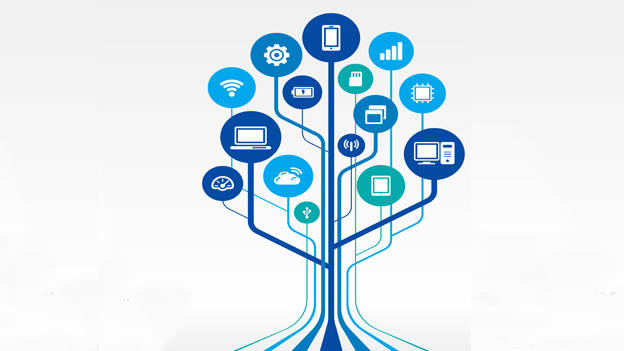Four in-demand e-commerce tech skills

Even though the e-commerce industry is growing exponentially, there are still some challenges that persist. For the past few years, the demand for technical skills has increased; however, the supply of skilled workers has not. It poses a huge problem for retailers struggling to find employees with the right technical skills to drive industry growth and innovation. Let’s explore how technology is helping to contract the skill gap in the e-commerce industry.
The COVID-19 crisis sped up the spread of e-commerce to new enterprises, consumers, and product categories. Some of these changes are likely to be long-term in nature, so it is vital to acquire the skills necessary to run an e-commerce firm.
Software Development
Software development is an essential element of today's e-commerce. Ecommerce solutions include features such as automation, customer relationship management, website design, and market-related features, to name a few. As a result, e-commerce firms seek developers skilled in the solution that delivers a high return on investment (ROI).
SAP Hybris, Magento, and Sitecore are three popular e-commerce platforms among startups. Research by TrustRadius showcases e-commerce software products that attract the most attention and are the top 9 leaders in today's e-commerce market. The utmost utilization of these solutions increases the overall efficiency and leads to more net revenue. Therefore, it is no surprise that software development is one of the top in-demand e-commerce tech skills.
Data Analytics
In today's hypercompetitive market, e-commerce retailers must figure out how to reach their customers effectively. They also need to optimize the supply chain and improve operations to achieve higher profits. As more e-commerce companies rely on data analytics for actionable insights, the role of Data Scientists and Business Analysts is becoming increasingly important.
Here are a few ways in which data science has transformed the e-commerce industry:
- Data science is used in identifying a potential customer base
- Usage of predictive analytics for forecasting gods and services
- Companies are optimizing pricing structure for their consumers with data science
Artificial Intelligence
The e-commerce sector, powered by AI, has advanced to a new level to satisfy clients worldwide. Customers can now have smoother and simpler purchasing experiences thanks to artificial intelligence. A survey by PwC states that by 2030 this futuristic technology can contribute over $15.7 Trillion to the global economy.
AI solutions will continue to be developed. The eCommerce sector will remain one of the first adopters of the technology, encouraging demand for AI-related talents and skills.
Blockchain
Payment solutions in the e-commerce industry are far from perfect. Customer representatives are gradually choosing self-service over direct interactions. Furthermore, customer care personnel are increasingly opting for self-service over direct interactions. It implies that we must supply digital shopping systems with the best-in-class security measures to ensure data protection.
Here are a few ways blockchain is transforming the e-commerce industry:
- Cryptocurrencies like Bitcoin, Ripple, etc., are being used as an alternative to traditional currencies.
- Supply chain challenges like record-keeping and tracking products are used as an alternative to a centralized database.
- Blockchain helps provide a transparent e-commerce marketplace for frictionless transactions.
The Bottom Line
e-commerce enterprises are searching for IT talents that will be important in enabling innovation. There are many opportunities for e-commerce professionals who seek to enhance their abilities and advance in the field. With new operational models coming online, businesses must make sure they have in-demand skills and talent on hand to stay one step ahead of their competitors.















